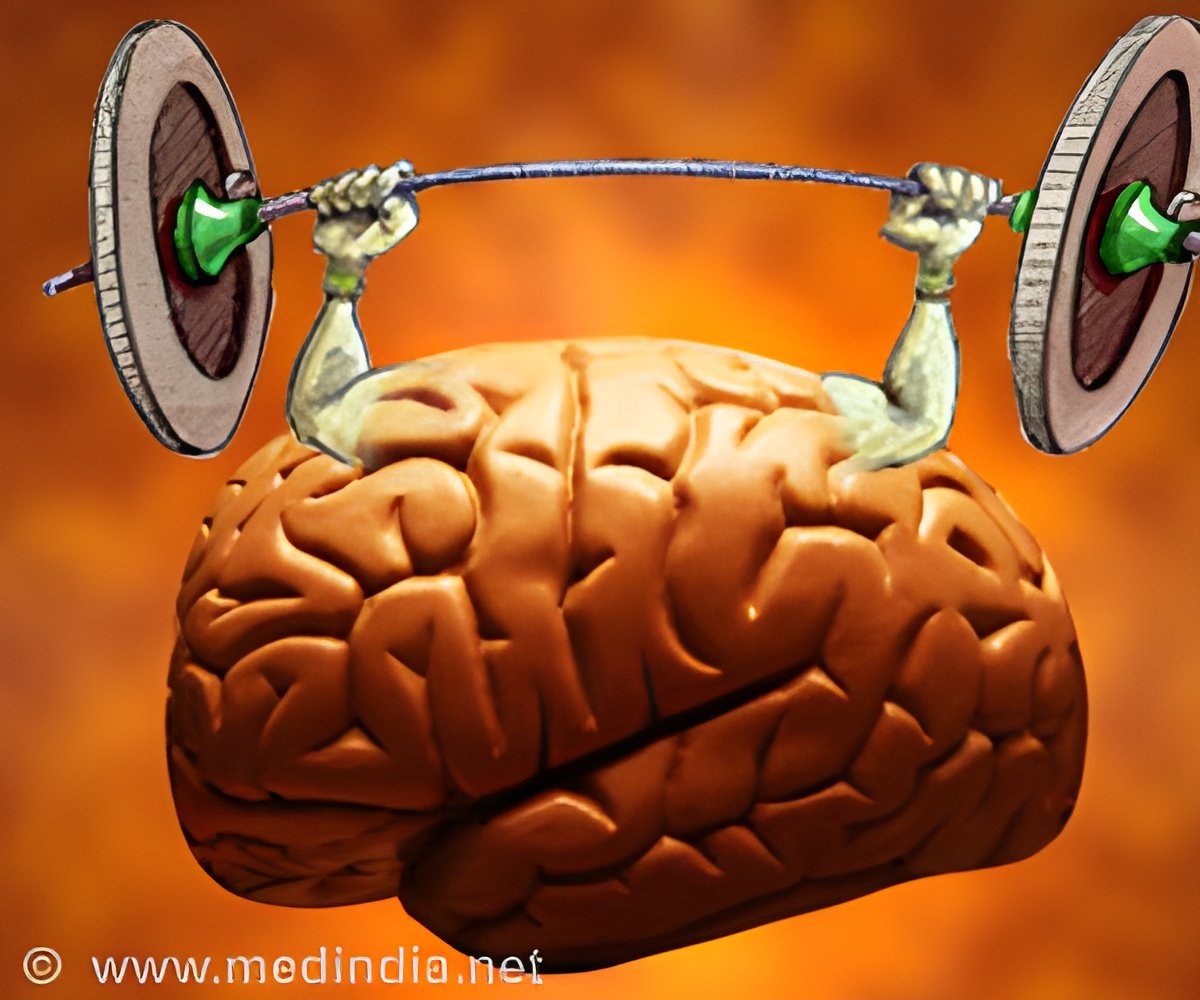
For example, when young, we mainly use the left side of our prefrontal cortex (PFC) for mental tasks involving short term memory, understanding the meaning of words and the ability to recognize previously encountered events, objects, or people. When older, we tend to use the equivalent parts of our PFC on the right side of the brain for these tasks.
The PFC is located in the very front of the brain, just behind the forehead. It has roles in executive function, memory, intelligence, language and vision. With tasks involving the temporary storage and manipulation of memory, long term memories and inhibitory control, young adults favor the right side of the PFC, while older adults engage both the right and left PFC. In fact, with aging, we tend to use both sides of the PFC during mental tasks, rather than just one.
This phenomenon has been coined HAROLD (hemispheric asymmetry reduction in older adults) and reflects the reorganization of the brain as compensation for reduced brain capacity and efficiency due to age-related structural and physiological decline.
Using clever statistical tests called mediation analyses to look at these interactions, the researchers found that aerobically fitter older men can perform better mentally than less fit older men by using the more important brain regions when needed. In fact, the fitter older men are using parts of their brains in the same way as when they were younger. The study appears in NeuroImage.
Source-ANI















